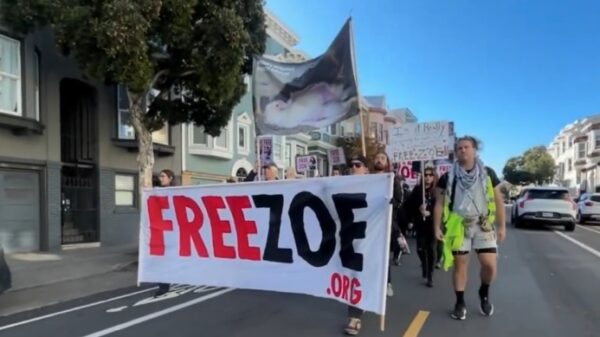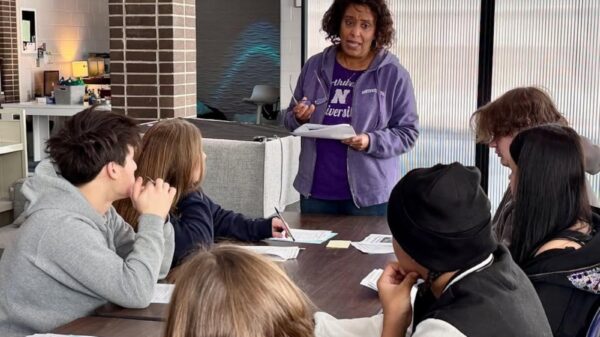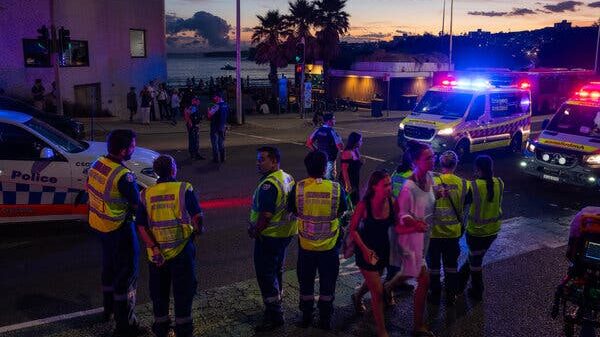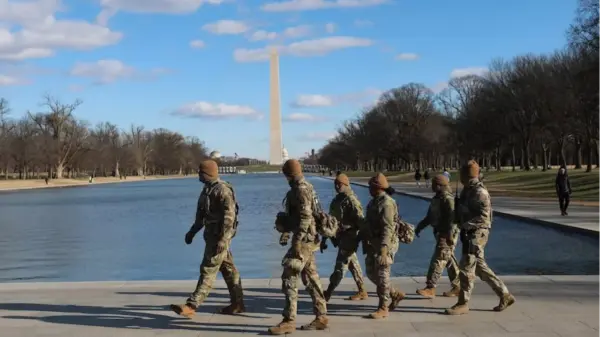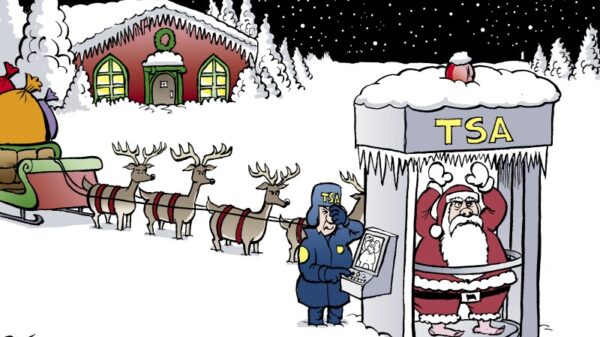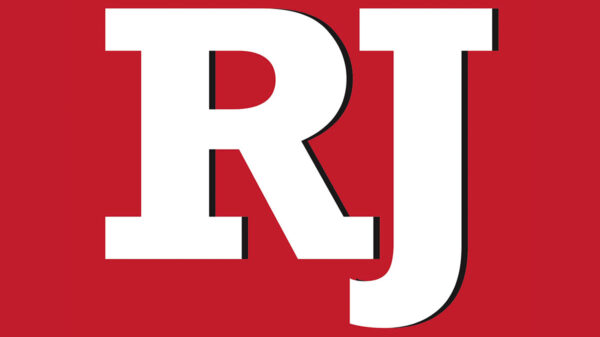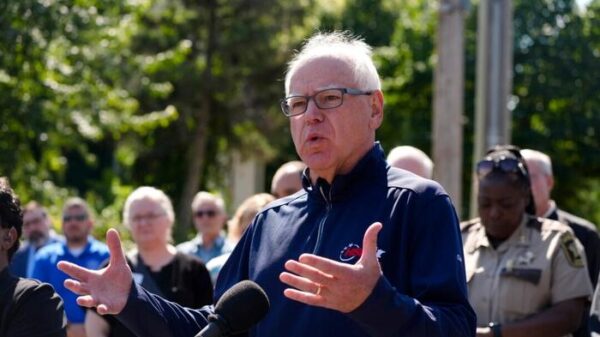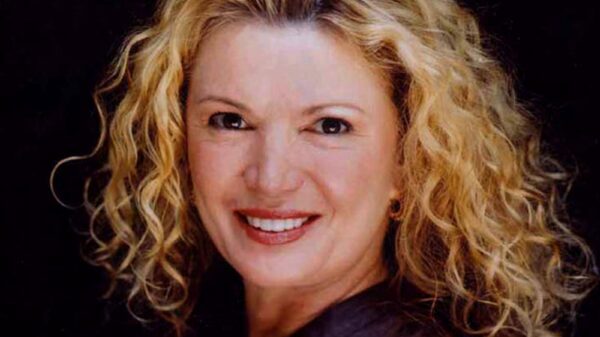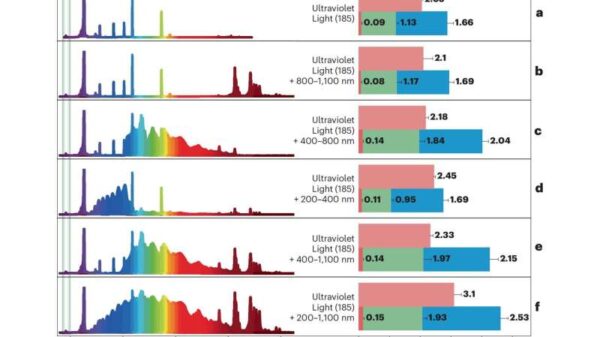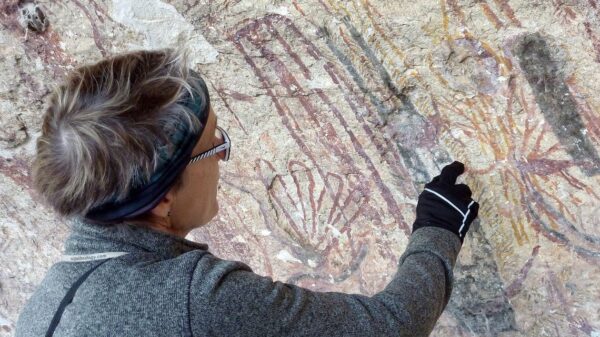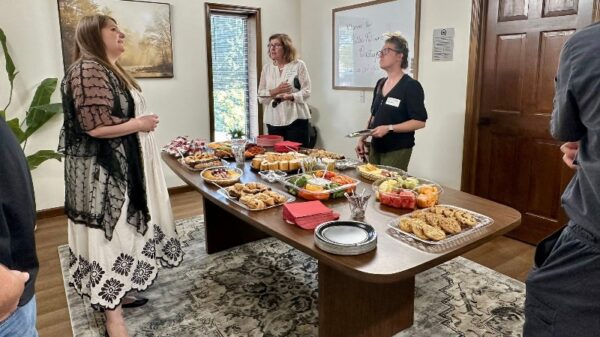A controversial letter has sparked discussion about the lengths some individuals will go to for entertainment. In a recent opinion piece published in the Yakima Herald-Republic, local resident Carlos Mendez expressed his intention to sell one of his kidneys on the dark web to fund his visit to the Central Washington State Fair. Mendez outlined how the proceeds from such a drastic measure would cover parking, entrance fees, food, rides, entertainment, and souvenirs.
The letter raises serious ethical and health concerns regarding the illegal sale of organs. Selling organs is not only illegal in many regions, but it also poses significant risks to the seller’s well-being. While Mendez’s approach may appear humorous or satirical to some, it reflects deeper societal issues surrounding the affordability of leisure activities. Many people face financial barriers that limit their access to entertainment and cultural events, a reality that Mendez seems to highlight.
Mendez’s letter serves as a provocative commentary on the high costs associated with attending local fairs and festivals. The Central Washington State Fair, scheduled to take place in September, attracts thousands of visitors each year who seek to enjoy the rides, food, and community spirit. However, the financial burden of attendance can deter some individuals from participating.
In his correspondence, Mendez humorously suggests that desperate times call for desperate measures. He implied that selling a kidney could be a viable option to finance what many consider a basic form of entertainment. This raises pressing questions about the value society places on leisure and the increasing financial strain on individuals seeking enjoyment.
The Yakima Herald-Republic, where Mendez’s letter was published, has a long-standing tradition of engaging with local issues. Editorials in the newspaper are designed to provoke thought and discussion among readers. They offer perspectives that often reflect broader societal concerns, even if they stem from individual experiences. The editorial board aims to provide a platform for dialogue, encouraging readers to contemplate the implications of such extreme proposals.
While Mendez’s letter may not be an actual plan he intends to pursue, it resonates with many who feel the pinch of rising costs in everyday life. The sentiment expressed highlights an ongoing debate about economic accessibility. In an age where entertainment options can quickly become expensive, the question stands: What sacrifices are individuals willing to make to partake in community activities?
As the Central Washington State Fair approaches, it remains to be seen how the community will respond to such provocative statements. Will discussions around accessibility and affordability lead to change, or will they remain a humorous anecdote in the ongoing narrative of financial strain faced by many?
Ultimately, Mendez’s letter, while issued in jest, underscores a critical issue: the need for broader conversations about the economic realities impacting leisure activities and the importance of making such experiences accessible to all.





